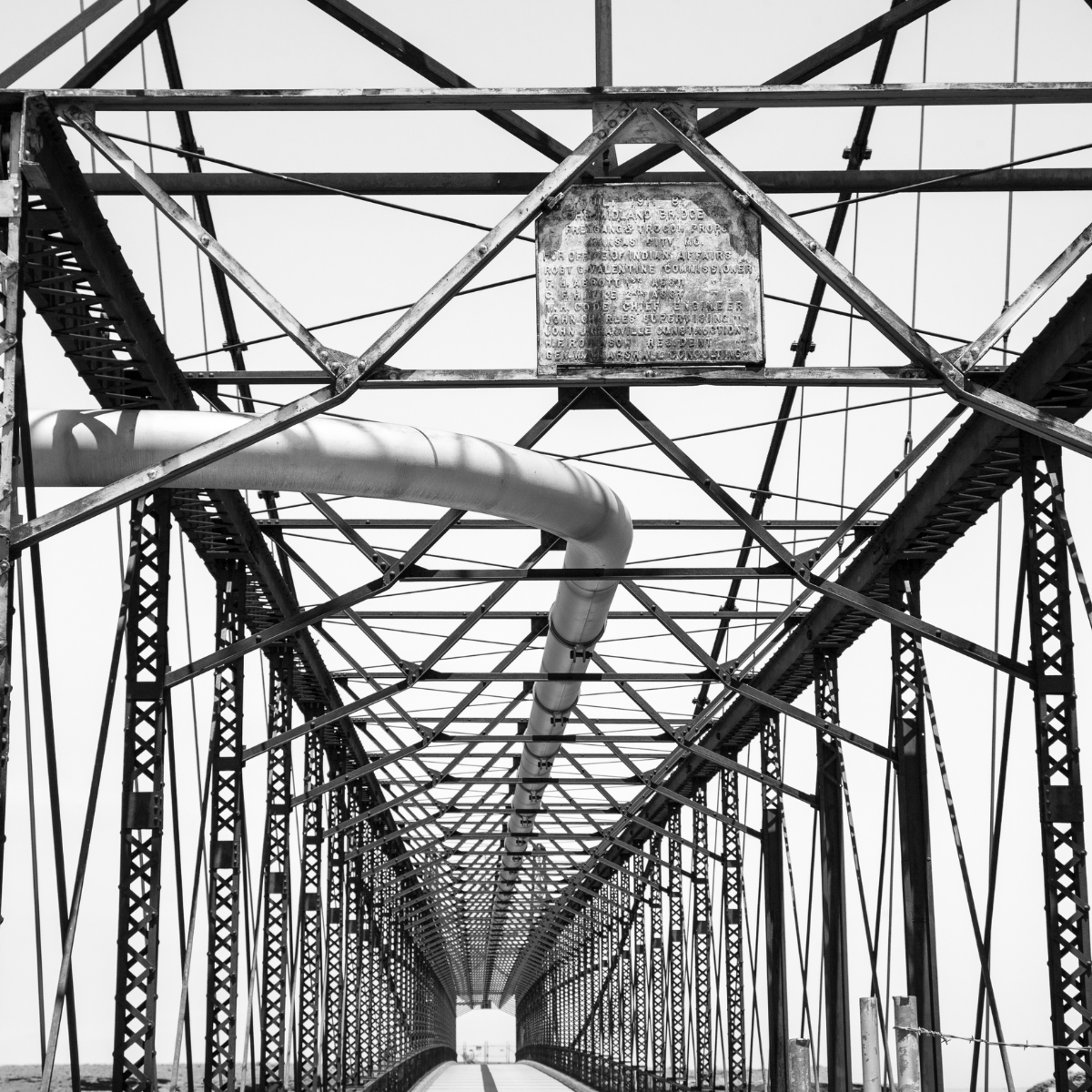
As our nation continues to deal with the fallout from the global pandemic, most industries face a daunting challenge: balancing demand and supply. Passage of the long-awaited $1.2 trillion Infrastructure Investment and Jobs Act (IIJA) has industrial leaders across the board considering the logistics of meeting the demand for products and services, while dealing with the seemingly never-ending ebb and flow of supply chain challenges and price fluctuations.
A Dodge Data & Analytics construction outlook webinar showed U.S. Midwest region total construction starts lagging four percent behind start growth nationwide. However, the Midwest’s power and gas plant sectors, especially solar energy and wind farms, remain bright spots.
For Michigan-based Lee Industrial Contracting, the IIJA hasn’t thus far greatly impacted the company’s work pipeline. Currently, only 10-15 percent of the RFQs seen by Lee are related to the infrastructure bill, but they’re gearing up to help their customers meet the anticipated growth in infrastructure projects based on their understanding of the industry and how changes will impact their divisions.
Electrified
One area that has seen an uptick for Lee is the electric vehicle segment. Projects ranging from car charging stations to electric car production changeovers and new technologies, along with battery production facility projects, have been arriving more frequently in the firm’s RFQ pipeline.
With automakers making serious moves into electric vehicle production, Lee anticipates an increase in related infrastructure projects over the next five-10 years, based on reported vehicle production volumes. This could also trigger an increase in utility grid project growth, as the grid faces the need to provide power for existing electric demand while adding capability to meet the addition of a fleet of electric vehicles. Extraction and transportation of the raw materials needed for the battery manufacturing process could also impact future work.
The chip shortage continues to impact Lee’s customer base, although there have been modest improvements in chip supply. But firms continue dealing with rapid changes in their industry environments. Lee recommends companies carry out risk assessments on individual problems that would show each item with multiple thresholds and suggest steps to deal with those issues.
Gas is growing
Lee has also seen an increase in pipeline project RFQs for the gas industry. On a recent infrastructure project, Lee worked with a large gas company that was having issues with installation of a large pipe run. The site required directional boring in a tight area with underground utilities and wetlands that were to be left undisturbed. Additionally, the station continued partial operations during the job. The Lee team worked with the firm to implement a critical staged plan that delivered a successful bore and excavation operation with little hindrance to operations.
Read More: Value-Engineered Processes for Environmental Industrial Projects.
Future look
Lee anticipates infrastructure work to continue through Q3 and Q4 of 2022, but that supply chain issues will continue to impact the segment. The very uncertain future of interest rates, stock performance, bond issues, energy costs, labor problems and overall economic conditions continue to challenge work planning and forecasting.
With the national electric grid facing the challenges of balancing existing and expected demand, Lee is diving deep into the utility industry. The company has also been able to spread out into other verticals, including steel, lightweight composites, retail and agriculture and others.
Lee continues to adapt to their customers’ challenges, looking for ways to help them through their issues. Lee’s value engineering expertise continues to be an important asset for customers working with tight budgets and timelines, and for those looking for innovative, cost-effective ways to deal with difficult projects.
Looking for a solid infrastructure partner? Lee has the self-performing capabilities you need to make your job easier.


